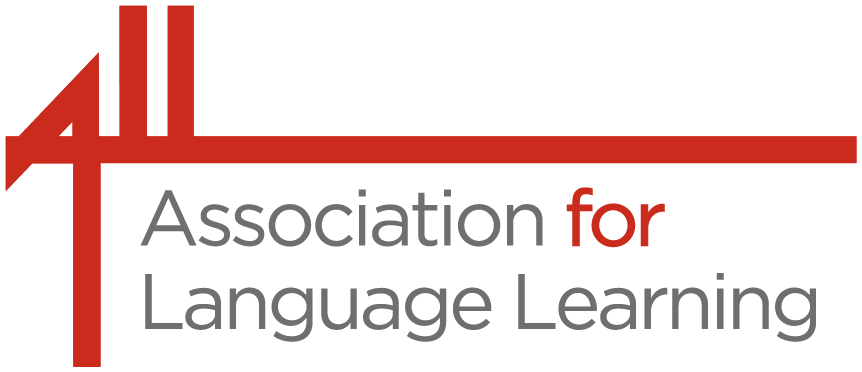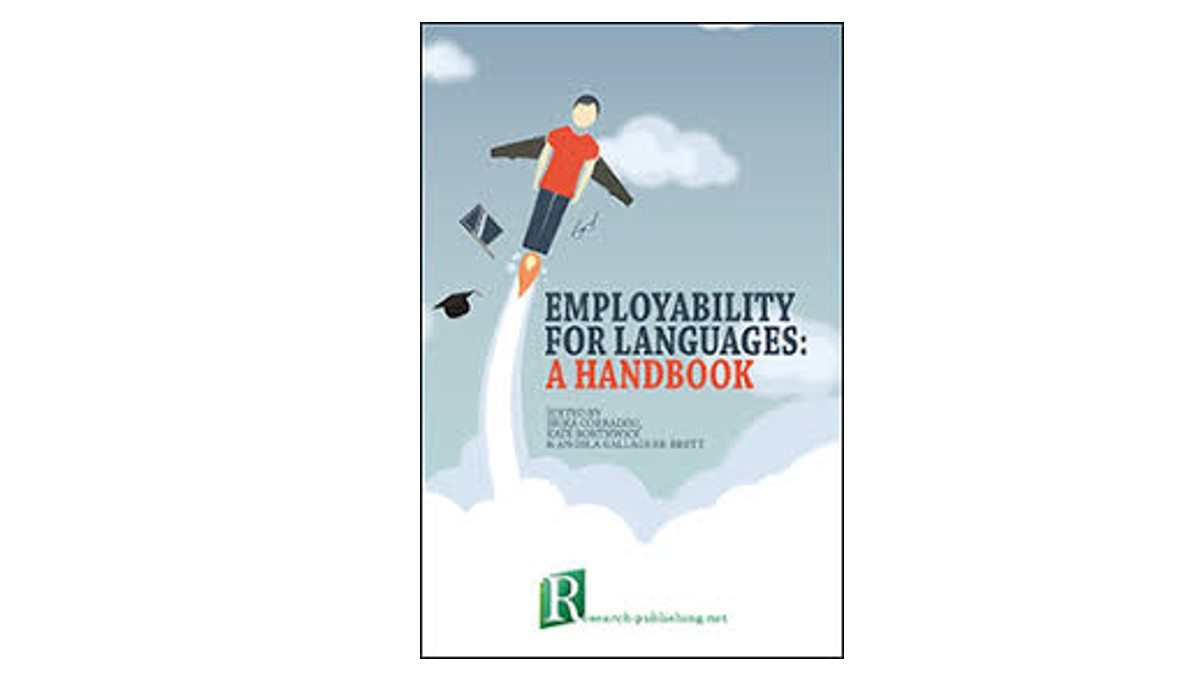Title: Employability for Languages: a handbook
By: ed. Corradini, Borthwick and Gallagher-Brett, Research-publishing.net 2016
Price: £12.74 + VAT
Website: http://tiny.cc/Employability
This handbook is a timely and valuable contribution to the debate on the importance of languages, and will provide teachers with cast-iron research-led arguments for persuading students of the long-term value-added a language skill can bring to employability prospects. Under the aegis of Routes into Languages and the University of Southampton, the editors have brought together a stellar cast of contributors, drawn from prestigious higher education institutions across Europe and from some high profile organisations such as the Instituto Cervantes and Coca Cola Enterprises. There are some names which will be familiar to us here in the UK – Rachel Hawkes, Bernardette Holmes, René Koglbauer and Sarah Schechter.
The book is usefully divided into three sections – Languages in the real world, The professional linguist and Bringing the workplace into the classroom. The chapters are a good balance between scholarly essays and practical case studies, giving thought-provoking examples of how employability can be embedded in language programmes. They offer a comprehensive overview of the skill-set that languages can bring to the world of work. There is also much valuable discussion of ways and means to improve the ability of graduates to move into employment.
The book is the result of a great deal of reflection and provides a showcase for projects in which language students develop the competences sought after in an ever competitive job market, and models and methods for Higher Education (HE) staff interested in improving the transition from college and higher education into employment by promoting the rewards that careers with languages provide.
One of the problems is highlighted by Mike Kelly in his foreword:
“Recent research for the ‘Born Global’ project suggests that languages are not identified as a priority by employers at the time when staff are recruited. Applicants for jobs need to satisfy other priorities at that point. The language advantage comes into play at a later stage.”
This means that students need to be persuaded that the language aspect is a longer game, so they need to take a more strategic view of their career progression, especially if they are not using their language skills immediately.
In short, this is a very useful contribution to the never-ending discussion with students about the benefits of learning languages, and should provide teachers at all levels with inspiration.
More reviews ...
Invitation to take part in research project: Consolidating the evidence base for MFL curriculum, pedagogy and assessment reform at GCSE: An investigation of pupils’ and teachers’ views.
Interested in Research? Our colleagues at the University of Oxford are offering all MFL teachers and trainees the opportunity to share their views on MFL curriculum and specifically: what should be included in the MFL curriculum the sorts of activities through which that curriculum should be delivered and assessed Here is the invitation, in […]
PRESS RELEASE on the publication of the final report of the Curriculum and Assessment Review Panel
The Association for Language Learning (ALL) welcomes the publication of the Curriculum and Assessment Review Panel’s final report and the Government’s commitment to a rich, broad and innovative curriculum. Please click here to read the press release.
Teacher Briefings 47: AI and Languages
ALL Briefing No. 47 Date: October 2025 Background: AI is rapidly reshaping how learners access language, practise skills, and receive feedback. International bodies such as the OECD note a critical shift. For language teachers, the question is not whether AI...
Coalition for Language Education responds to the Immigration White Paper
ALL is working closely with the Coalition for Language Education, which has issued a press statement on the recent Government publication of the immigration white paper. It can be found on this page with the date October 2025. Details of the Coalition can be found...

